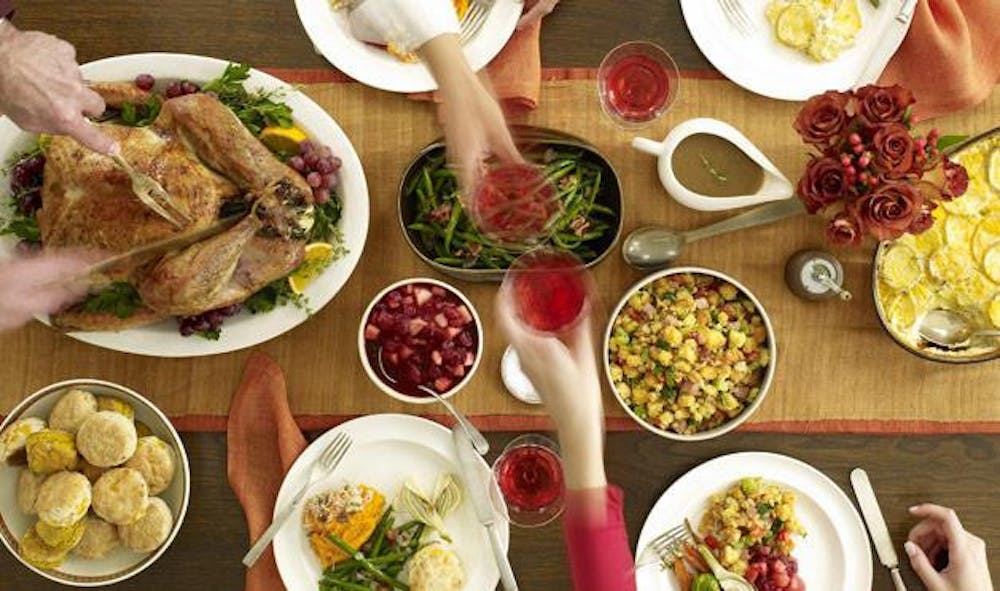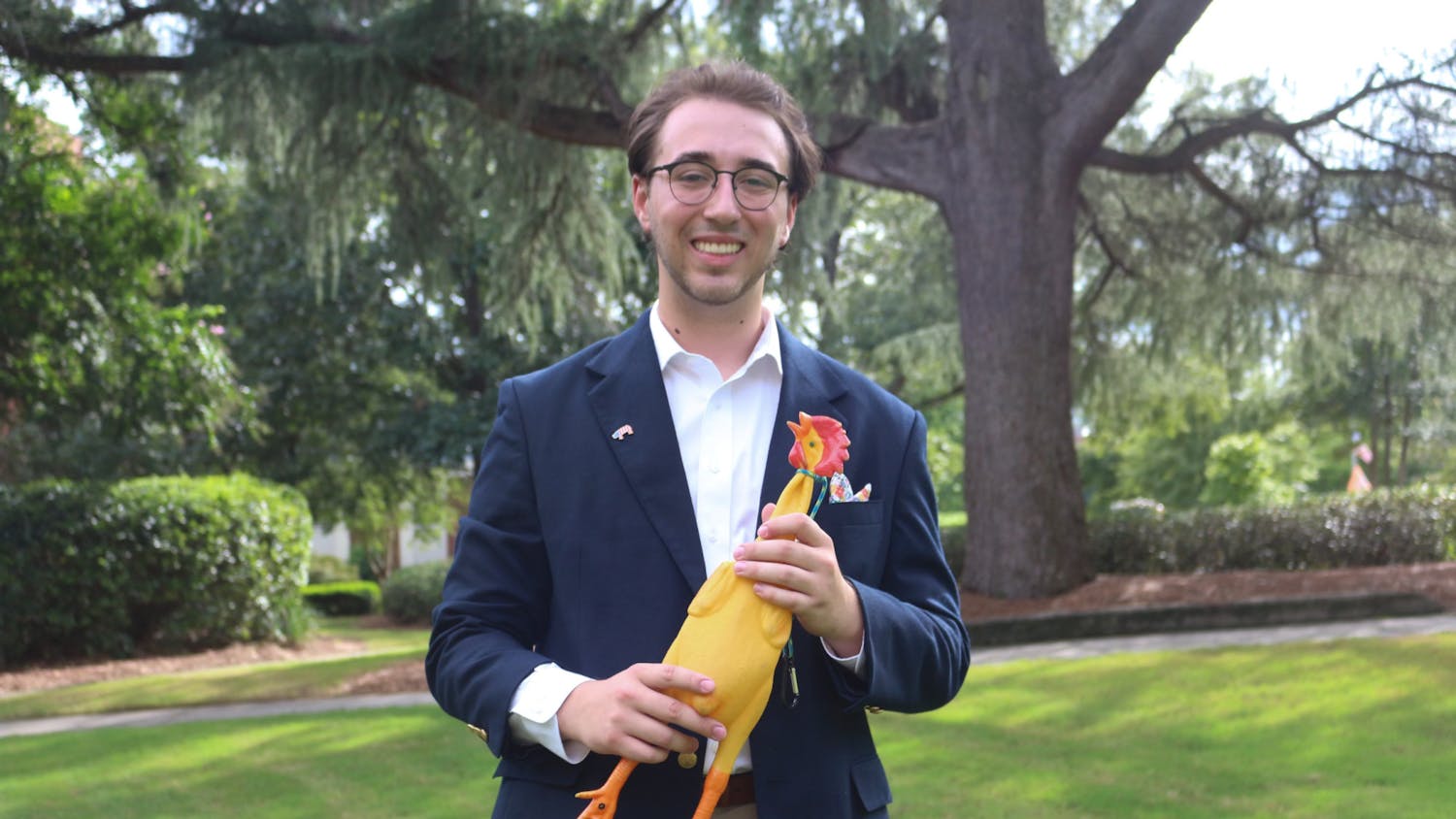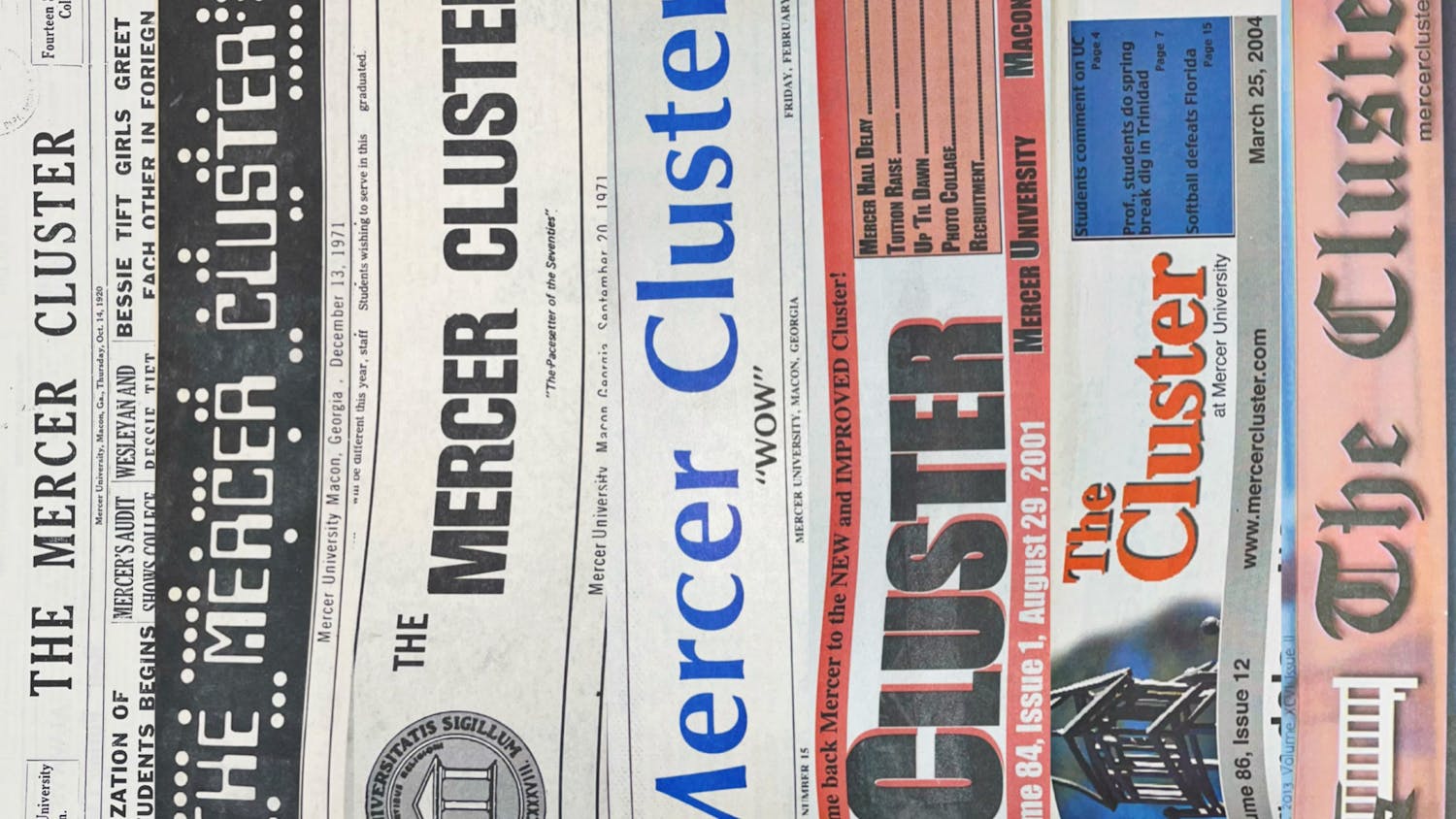With Thanksgiving Day looming, we once again come to the same debate over whether or not it is morally correct to celebrate Thanksgiving. Is it okay to celebrate the unfair treatment of Native Americans by our ancestors? Shouldn’t Thanksgiving, instead, be a day of remembrance and mourning?
Many history textbooks today are biased when it comes to the Native Americans. When I was in high school, I remember my AP United States History teacher telling me that textbooks are written to “make the winner look good.” No one wants to hear about the loser and the struggles that they may have faced because of their loss.
Of course, as Americans, we read the textbooks that typically paint the early settlers in a positive light. Some of the information that we learn may not be totally accurate because it is told from the point of view of the winners — Americans — and not the losers, such as the Native Americans.
When we learned about Thanksgiving in school, it was always shown to be a wondrous day in which two very different groups of people came together to feast. The day was full of laughter and joy and showed the kindness of the Pilgrims at Plymouth.
One of the most important facts that history textbooks neglect to mention is that the Native Americans were not invited to this feast. The Wampanoag, the Native Americans who interacted with the Pilgrims, heard the gunshots when the settlers went hunting for food for their harvest festival. When they went to investigate, thinking that the Pilgrims were preparing for war, they instead found a feast. The Wampanoag went to hunt deer and joined the feast with the Pilgrims, thus setting the background for the Thanksgiving that we all think about today.
The fact that the Pilgrims did not invite the Native Americans already makes Thanksgiving seem different. We are portraying it as this celebration of a grand act of kindness by the Pilgrims when, in reality, the Native Americans had to invite themselves.
Another aspect of Thanksgiving that history textbooks do not portray is how the Native Americans feel about the holiday. For many Native Americans, Thanksgiving is not a day of celebration. It is a day that represents betrayal and violence.
After the peace between the Wampanoag and Pilgrims dissipated, many Native Americans were killed. They had people invade their land, and with the diseases and weapons that the Pilgrims brought, the Native Americans never stood a chance.
One peaceful feast — a feast that the Native Americans were not even invited to in the first place — does not make up for years upon years of violence and death. Native Americans do not celebrate Thanksgiving. Instead, on Thanksgiving Day some Native Americans gather at Cole’s Hill in Plymouth to take part in a National Day of Mourning.
If the Native Americans do not celebrate this day of “kindness and celebration,” then we should not either. Taking part in a celebration on a day when others are mourning the loss of a majority of their ancestors is cruel and not something that we should be proud of.
While the original Thanksgiving Day was not directly linked to the massacre of Native Americans, it does represent a horrific period in American history. As “victors” of this time period, most of our educational materials ignore the viewpoint of the Native Americans and, therefore, ignore the dark side of Thanksgiving.
As the Native Americans are mourning for their dead, we are celebrating the “kindness” that we showed them. If we were really that kind, then there would be no reason for their mourning.
Thanksgiving is not a day that should be used to celebrate but should, instead, be used to mourn the massacre of Native Americans at the hands of our ancestors.
Thanksgiving: A day for mourning, not celebration

The debate continues over whether or not it is morally correct to celebrate Thanksgiving.




